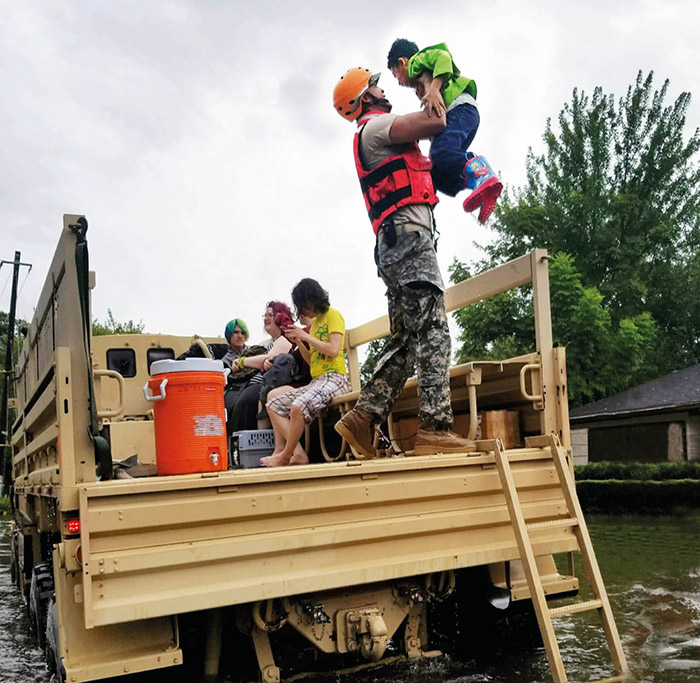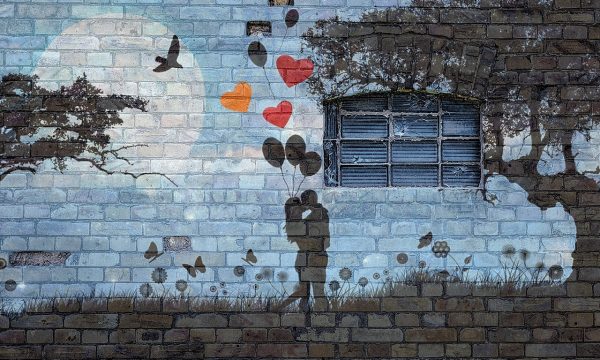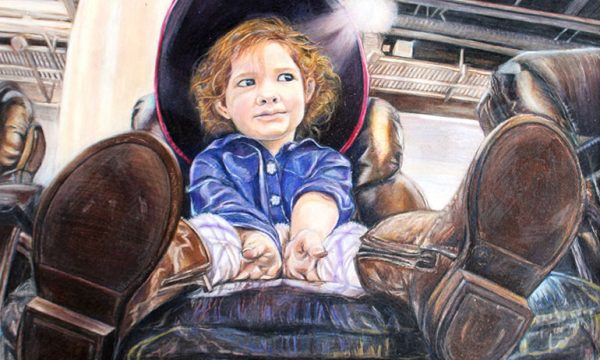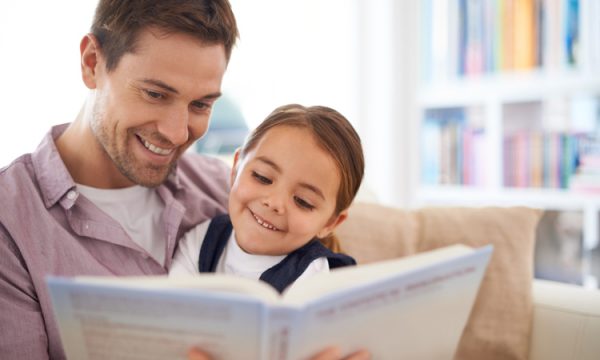The hurricane season is approaching and once again our city is vulnerable to natural disasters. We know that overcoming a natural disaster is difficult for anyone, however we must bear in mind that children have fewer resources and need more support. Therefore, as adults, we must take good care of ourselves in order to provide one hundred percent for our children. We must also remember that it will take time to recover physically, mentally and emotionally.
Children show a variety of reactions to a hurricane or other natural disasters. Typical stress reactions include anxiety, thinking more about danger and safety, difficulty sleeping, nightmares, fear of loneliness, irritability and mood swings, sadness, difficulty concentrating, and changes in school performance. Such symptoms may persist long after the event. There are also children who do not seem to react at all; a delayed reaction can occur much later, when the child feels safe again.
What do children need after a natural disaster? What can we do to help them feel safe and move forward?
· Although it’s not always easy, it’s important to stay calm. Children are attuned to our own reactions and model their own behavior in what they observe. That does not mean that we should not show negative emotions or stress. What it means is that we must model for our children the communication and management of negative emotions in a healthy way.
· Children need to know that they will be safe and protected. Simple explanations of what has happened and showing that we are open to answering any questions open up communication and allow children to openly share concerns. On the contrary, we should not make promises that we cannot keep, or large statements that we cannot prove. For example, we should avoid the phrases “everything is fine” or “everything is going to be the same as before” when that is not true.
· It is important to let children share what they think and feel, appropriately. An example of this would be using their words or through a game. Accepting their feelings and normalizing them without trying to change them, minimize them or deny them will help them to heal and move on. Assuring them that they are not the only ones who feel this way will help them accept difficult feelings.
·Limit excessive news and adult conversations in front of children. Absorbing information passively contributes to anxiety and stress. Our children are listening and interpreting, even if they seem to be busy in another way. Their limited tools of understanding or self-expression can leave them with a lot of emotions, but with very few ways of expressing them.
· If you see a bit of news, point out helpers and heroes (police, firemen, church volunteers, Red Cross, etc.) who are doing good and helping others. Although there has been a devastating storm, we can see our neighbors and communities doing their best to help each other.
· Helping others is a great way to heal and recover; feeling useful makes us calm. Train children by giving them appropriate tasks at their age that they can control such as baking, praying for the community, cleaning, checking with neighbors, volunteering at church, drawing thank-you cards for rescuers.
· As much as possible, keep or reset routines. Predictability and structure will give our children a sense of control, as well as consistency to hold on to in unpredictable and chaotic times.
· Call a spade a spade. Recognize that what happened was difficult and traumatic. Calling things by their name validates the difficult and confusing feelings we are experiencing and allows us to feel the grief and move on.
How do I know if my child needs extra help?
If symptoms interfere with usual activities, they change behavior, or persist more than four weeks after the disaster.
If your child becomes obsessed with the event, he is very agitated, exhibiting dangerous behavior or detachment.
Natural disasters, especially those as monumental as Hurricane Harvey, are a challenge. However, they also present an opportunity to unite as a family and as a community to demonstrate our compassion towards others. Every time we show kindness to ourselves, to our children and our community, we help each other to heal and fight trauma. In the end, compassion turns a disaster into an exercise in the capacity for human recovery that God gives us.




